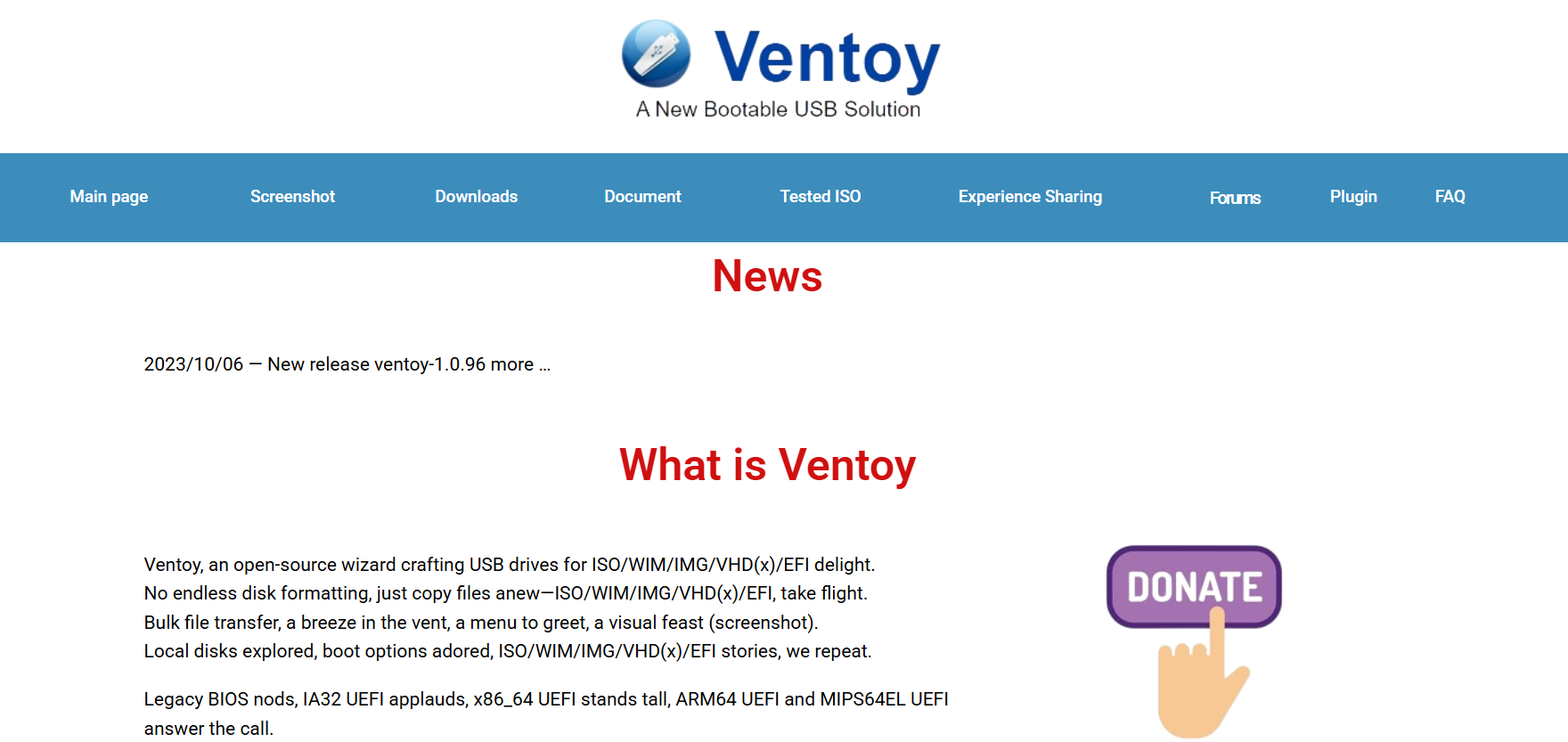Simple Steps to Start Doing Business in Cambodia

Most people don’t know that Cambodia is brimming with business potential. The Southeast Asian nation of 18 million people is remembered for its troubled past, but the country has rebounded strongly in the almost half-century since. Phnom Penh today is a bustling urban centre where companies from all over the world can be found doing business. But like any other nation, the country has its own unique challenges and ways of conducting business.
This guide offers some practical guidance for businesses new to Cambodia on how to navigate these. It covers everything from how to register a company in Cambodia to handling cultural differences and outsourcing certain business functions. You’ll not only get specific advice about how to start a business in Cambodia, but principles you can apply elsewhere too, helping you become the kind of business manager to whom borders are no obstacle.
Step 1: Conduct Thorough Market Research
A business model being successful in other countries is no guarantee that it will be successful in Cambodia. Thorough research is needed to determine whether your product or service is likely to be a good fit for the unique nation, and you may find that consumer behaviour, demand patterns and price levels are very different from other countries. Working with local consultants can help you understand the culture and learn about growing trends and subcultures.
Step 2: Structure Your Business With The Long Term In Mind
Once you are past the research stage and have a feasible business idea, you can actually begin the process of doing business in Cambodia. The first thing you’ll need to do is choose a business structure, such as a sole proprietorship, partnership, or limited liability company. Research the advantages, disadvantages and requirements of each carefully. This is a big decision that can have major consequences, and it’s not easy to change.
Step 3: Register Your Business
Once you and any business partners or investors have selected your structure, you can make your business official by registering it. As for how to register a company in Cambodia, it’s actually quite straightforward and can be done through an online platform managed by the Ministry of Economy and Finance. There are, however, several documents you’ll need to scan and upload, including ID, recent photos, any relevant licences, and land titles or leases.
Step 4: Get Your Business Licence and Permits
Whether you need any licences or permits depends on the industry you plan to operate in, and the documents will be issued by the relevant ministry or authority. Generally, businesses focused on tourism need to register with the Ministry of Tourism, while the Ministry of Health approves food businesses. It’s best to apply for anything you need at this early stage, as operating without them could lead to fines or suspension of your business.
Step 5: Register for Taxes
After your business has been incorporated, you’re required to register it with the General Department of Taxation. Your business will be granted a unique Tax Identification Number that you’ll need to file your tax returns. These are self-assessed, but strict compliance and accuracy are expected. Many companies in Cambodia outsource some of their business operations, and tax compliance is a popular one. Outsourcing it to local experts removes a lot of risk and headaches.
Step 6: Open a Corporate Bank Account
In preparation for your business’s first sales, it’s important to have somewhere safe to put your money. Opening a corporate bank account is the way to go, and you can also store capital you plan to invest in the business inside. To open one in Cambodia, you’ll usually need your business registration documents, IDs of company directors and proof of a business address as a minimum. You may also need to make a deposit.
Step 7: Choose a Viable Trading Location
When you register your business and open your bank account, you’ll use the address of your business’s headquarters. This may not be the same as where the actual activities of the business take place. Depending on your industry, you are better off operating in some regions over others. Phnom Penh is the country’s financial and retail centre, while Siem Reap sees the most tourists. Sihanoukville is another commercial centre, primarily focused on manufacturing.
Step 8: Build Your Team
Hiring in Cambodia must be done in accordance with the Labour Law, which covers employees’ rights with regard to contracts, hours, benefits and termination. This is another area where compliance can be complicated, which leads some companies to outsource it to local specialists. These take care of requirements like translating contracts into Khmer and registering employees with the National Social Security Fund, which is necessary for insurance and certain benefits.
Step 9: Set Up Accounting and Reporting Systems
Each year, your business will have to file an annual financial report in compliance with Cambodia’s own standards. This can be, and usually is, outsourced to qualified local accountants, but you will still need systems in place inside your business to ensure accurate bookkeeping and storage of invoices and receipts. This will also benefit you in terms of managing your business. Accurate financial records can yield useful insights that may help future decisions.
Step 10: Build a Local Network
Cambodia, like some other developing nations, is still a very trust-based economy. People prefer to do deals with others in their network, whom they know personally. You’ll find it easier to strike agreements with distributors and suppliers by getting to know them well and building your reputation. Joining trade associations can help, as can participating in government business support programmes.
Conclusion
With 18 million people and an economy that’s growing and becoming increasingly open, Cambodia holds many opportunities for entrepreneurs and expanding businesses. Starting a business there is straightforward, with just ten simple steps between you and the start of your success. One key takeaway, however, is to make use of local expertise and not try to do everything yourself. The unique language and culture make going it alone a recipe for disaster.



